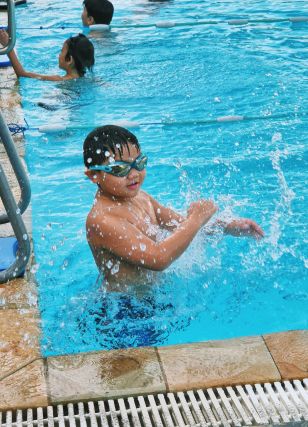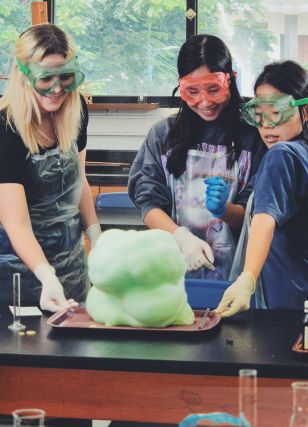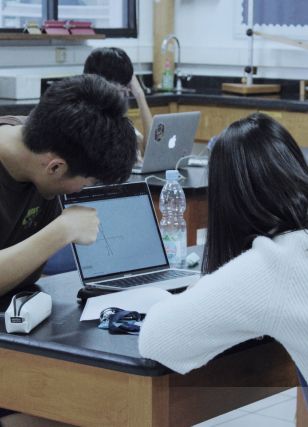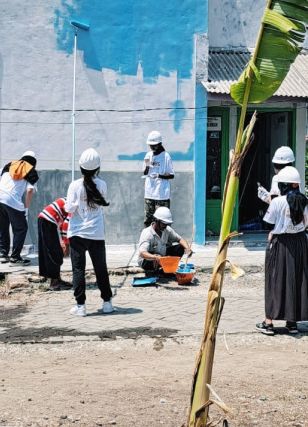
MISSION STATEMENT
Surabaya Intercultural School offers an academically rigorous curriculum within a dynamic learning community where students are engaged, enlightened, and empowered to be creative and collaborative global leaders.
CORE LEARNING OUTCOMES
SIS prepares students to be Balanced Individuals, Enlightened Thinkers, Engaged Communicators, & Empowered Global Citizens

Balanced Individuals
Balanced Individuals who
- set, achieve, and evaluate goals.
- are responsible for their own learning.
- persevere in the face of obstacles.
- make ethical choices based upon evidence.
- manage personal resources and commitments effectively.
- recognize the importance of a healthy, well-balanced lifestyle.

Enlightened Thinkers
Enlightened Thinkers who
- access and process information using appropriate technology and media.
- demonstrate flexibility, creativity, critical thinking skills, and innovation.
- transfer learning to a variety of situations.
- seek information through effective questioning.
- develop a growth mindset.
- reflect upon their own learning.

Engaged Communicators
Engaged Communicators
- use technology appropriately to convey learning.
- use effective leadership or team skills within groups.
- articulate and communicate ideas effectively using oral, written, and non-verbal
- communication skills in a variety of contexts.
- demonstrate developmentally appropriate conflict resolution strategies.

Empowered Global Citizens
Empowered Global Citizens who
- value and respect diversity.
- show empathy.
- encourage intellectual and cultural inclusion.
- actively engage in community and service.
LEARNING PRINCIPLES
- Learning happens best and endures for longer when ‘in context’ and with clear purpose.
- Each learner learns differently and at a unique pace.
- Learning begins with connecting with what we already know.
- We learn best with moderate challenge.
- Retrieval (‘finding’ something learned) is a separate process from reception (receiving new information).
- There is a clear link between emotional well-being and learning.
- To learn, we must transfer information from working memory (where it is
consciously processed) to long-term memory (where it can be stored and later retrieved). - Cognitive development does not progress through a fixed sequence of age-related stages. The mastery of new concepts happens in fits and starts.
- Practice is essential to learning, but not all practice is equivalent.
- Effective feedback is essential to acquiring new knowledge and skills.
- Meaning is constructed by learners, not received from the environment.
- Memory is best when we relate the things we are trying to learn to each other.
- Fear or threat may interrupt learning.
- The more opportunities to engage with a new learning the more synapses are created.



